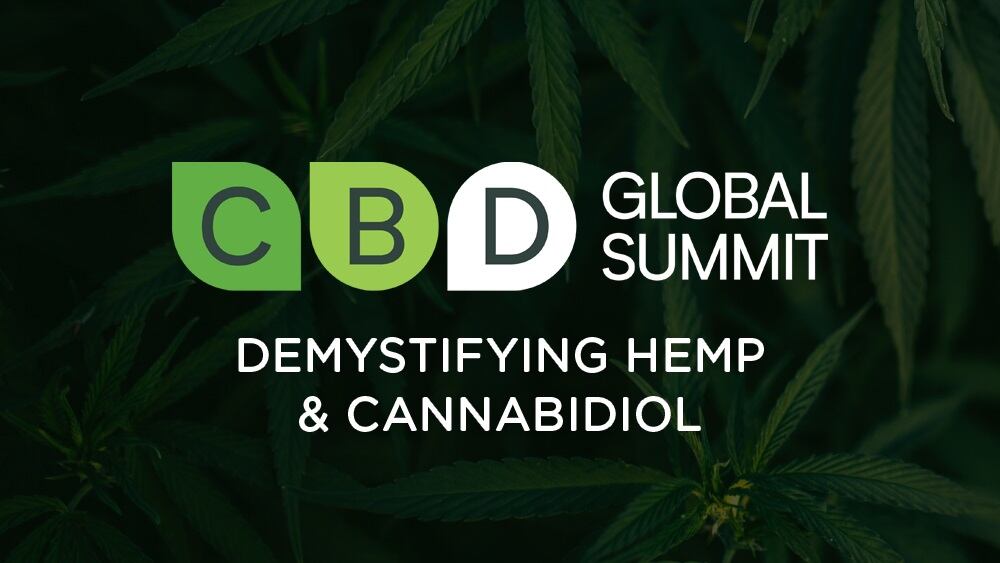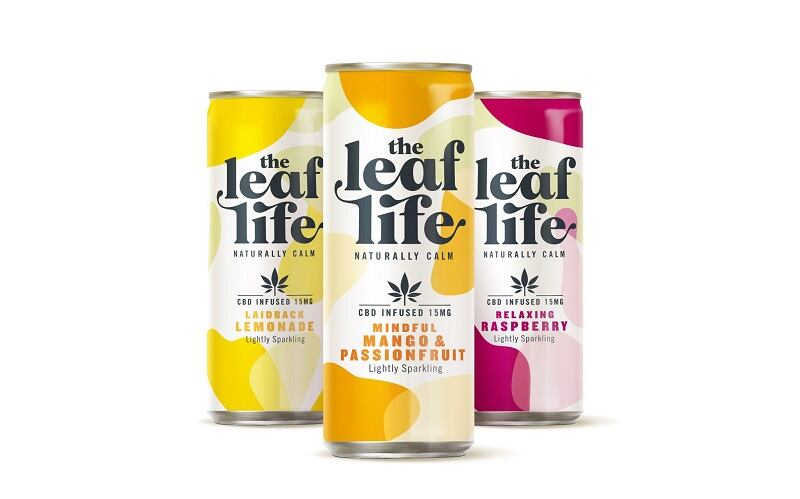As the number of cannabidiol (CBD) products hitting UK shelves (or online shopping baskets) increases, so too does annual consumer spend.
According to New Frontier Data, the UK is currently spending £300m (€354m) on CBD per year. This figure is expected to grow in double digits each year, to hit £1bn per year by 2025.
The Cannabis Trades Association’s (CTA) estimates are lower, but still significant. According to the industry lobby group, total sales of CBD and regulated medical cannabis stood at £160m in the UK in 2019 – up from £110m in 2018.
However, CBD products could be at risk of being removed from the market. As a novel food, the ingredient is currently non-compliant with EU regulations.
The Cannabis Trades Association (CTA) disagrees with the novel foods status of CBD and is urging the Food Standards Agency (FSA) to hold off on enforcement in the UK.
An unauthorised Novel Food
In January 2019, the European Commission added extracts of cannabis sativa L – including CBD – to the Novel Food Catalogue.
This means that CBD products require pre-market authorisation from the European Food Standards Agency (EFSA). Authorisation demands the completion of a full scientific dossier demonstrating safety.
“There is no doubt in our perspective about the novel status of [CBD] products [on the market],” confirmed FSA’s Karen O’Connor at the Westminster Food & Nutrition Forum on 16 January.
“They’re unauthorised novel foods, because none of them have successfully passed through the risk assessment and risk management processes. So, they are unauthorised Novel Foods that are currently on the market.”
The issue, then, is how these products will move towards compliance. According to O’Connor, the FSA will soon be issuing recommendations for local authorities, on ‘how we think these things should be enforced’.
“[This] is something we are due to make an announcement on in the very near future. But unfortunately, aren’t able to do today.”

The Commission’s judgement of CBD as a novel food was regarded controversial, particularly by stakeholders. As was the FSA’s public backing of the Commission’s decision last month.
The CTA, for example, which represents all sectors of the hemp and CBD industry in Europe and the UK, opposes the regulator’s conclusion. “It is clear that the FSA do believe that CBD products meet their definition of ‘novel foods’,” noted CTA Chair Mike Harlington.
“We disagree with them and will continue to challenge their position,” he said, adding “In any case, the UK will soon be leaving the EU which we hope will give even greater freedom to the UK authorities on how to interpret the situation”.
Preventing a ‘devastating blow for millions of UK consumers’
Given CBD’s current legal status in the UK, the CTA is launching a ‘systematic’ campaign of political and media engagement to ‘keep the pressure’ on the FSA. In doing so, the trade body hopes to prevent the regulator from enforcing ‘any move against the CBD industry’ based on the novel foods issue.
“Any such enforcement could hit millions of consumers who regularly use CBD products” – the Cannabis Trades Association
According to the CTA, the FSA alerted the trade group it had no plans at present for CBD products to be withdrawn from sale.
In correspondence addressed to the CTA, dated 15 January, the FSA confirmed it had “no current plans to immediately withdraw CBD products from the shelves but retains the right to change this stance if new evidence is produced that concludes CBD is not safe, or for any other relevant reason,” wrote FSA deputy director, head of Food Safety Policy, Michael Wight.
For the CTA’s Harlington, ‘direct communication with the FSA’, coupled with correspondence ‘between them and other industry parties shown to us’, suggests the regulator is not immediately concerned.
“…They acknowledge that the information available does not suggest any significant safety concerns related to CBD products. I believe this should be a source of some reassurance to the members of our trade association and the industry as a whole.”

Consumer uptake of CBD is on the rise. According to New Frontier Data, as of June 2019, between four and six million people in the UK had tried CBD.
The CTA’s chair voiced concerns that were the FSA to bring enforcement into play, millions of consumers across the UK, who use CBD ‘on a daily basis’, would be affected.
“They simply wouldn’t use them if they didn’t think it helped their quality of life,” he reasoned. “Politicians and regulators need to understand the importance of these products to individual consumers and the importance of a vibrant and successful CBD industry to the UK economy.
“Enforcing the provisions of Novel Foods would be a draconian move and be a devastating blow for millions of UK consumers.”
This article was updated 29 January 2020 to include UK CBD sales figures, as reported by the Cannabis Trades Association (CTA).
FoodNavigator is co-hosting a two-day CBD Global Summit in London, 16-17 March 2020. The event wants to bring together the science, business and regulation governing CBD to look at how businesses can unlock this important market opportunity. For more details, to check out our advanced programme, and view confirmed speakers, visit the CBD Global Summit website.






